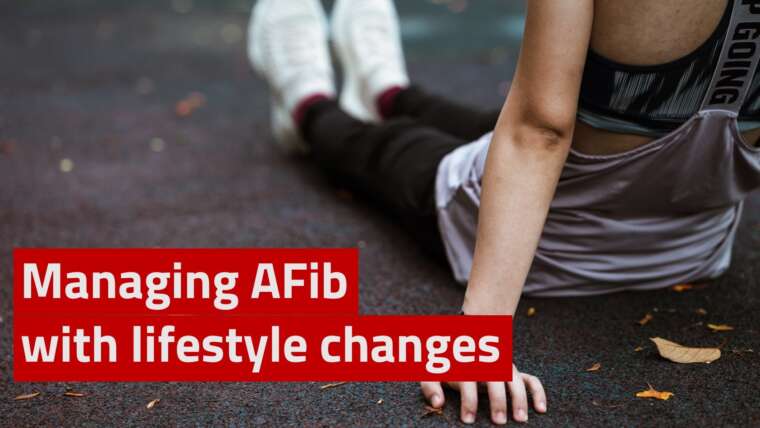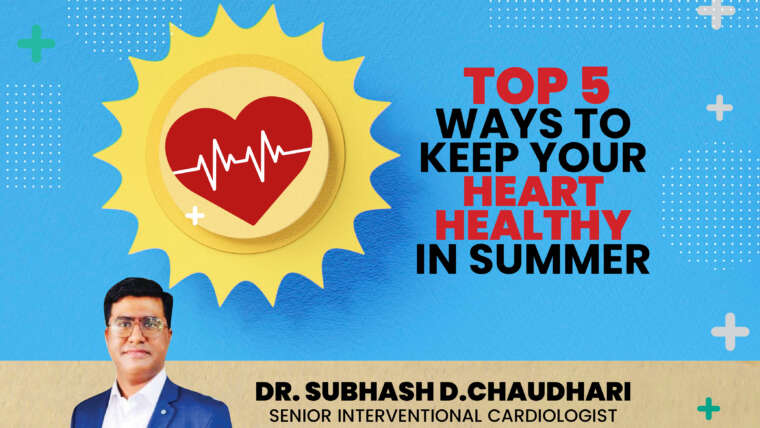A heart attack (myocardial infarction or MI) is a serious medical emergency in which the supply of blood to the heart is suddenly blocked, usually by a blood clot.
What we feel is – heart attack can sneak up on you from nowhere. You are into your daily work, next minute you get a stressful call and suddenly you get a chest pain, gasping for air and asking someone to call emergency.
SOME FACTS:
India has one of the highest burdens of cardiovascular disease (CVD) worldwide. The annual number of deaths from CVD in India is projected to rise from 2.26 million (1990) to 4.77 million (2020) (1). Coronary heart disease prevalence rates in India have been estimated over the past several decades and have ranged from 1.6% to 7.4% in rural populations and from 1% to 13.2% in urban populations. [Source: NCBI]
However, the truth is, many heart attacks can be predicted – and prevented. They don’t have to be sudden; you can stop them from even happening.
Knowledge is power. Knowing the number one cause of a heart attack can help.
What’s the #1 cause of heart attack?
According to science, the #1 cause of heart attack is when fatty plaques deposit in your arteries, also known as atherosclerosis.
Plaque – the dreaded cholesterol—builds up in the lining and forms what’s called plaque.
Eventually due to plaque buildup, it narrows the artery. And then no blood can get through. No blood, no oxygen. No oxygen, and your heart cannot work.
In some cases, the plaque can rupture, and suddenly your oxygen-rich blood is filled with cholesterol and other nasties. Where there was a plaque rupture, a blood clot might form. This causes further blockage. Suddenly, your heart is blocked again.
How do you know if you are having a heart attack?
Symptoms of a heart attack can include:
- Crushing chest pain or pressure in the center of the chest
- Pain or discomfort elsewhere in the upper body, neck or arms
- Shortness of breath
- Sweating
- Feeling dizzy or lightheadedness
- Nausea or vomiting
- An overwhelming sense of anxiety (similar to having a panic attack)
Top contributing factors to heart attack
Unhealthy lifestyle habits, smoking and being overweight are the top contributors leading to atherosclerosis. Almost all heart attacks can be pinpointed to one or more of the following:
- Smoking
- Diabetes
- High blood pressure
- Stress
- Obesity
- Sedentary lifestyle
- Unhealthy diet
- Too much alcohol consumption
- Abnormal cholesterol level
And a family history of heart attacks can also be considered as one of the major factors.
Preventing heart attacks – too young to worry about heart attack?
A heart attack can happen at any age and you are never too young for this. If you are over 40, or if you have multiple risk factors, work closely with your cardiologist to address your risk of developing cardiovascular disease.
Heart attack prevention is critical and it should begin as early as possible in life. Get started with an assessment of your risk factors & then develop a plan to reduce the risk. Do everything to lower your risk. It’s always better to be safe than sorry.
Sources:
Banner Image – www.freepik.com (by standret)




